Description
Description
 As you probably know, we are made up of 50% mom and 50% dad.
As you probably know, we are made up of 50% mom and 50% dad.
Boys get a slight bit more from mom, while girls get a bit more from dad. What we get from our parents is known as our genetics. Just as your parents got their genetics from their parents -- and so the neverending story begins.
While some pull a better genetic lottery than others, for those that may have ended up with a less desirable ticket, it does not mean a destiny of disaster.
Just because you or someone you know may have the genetics for a specific condition, it does not mean that gene will express itself.
Using a professional athlete as an example….
Many top athletes are made through a mixture of hard work and genetics. I assure you that if they only relied on their gift, and, did not put in the hard work, only about 5% of them would be where they are today. It was the hard work that expressed the genetic gift.
Let’s explore this topic a little deeper.
Q: What is an inherent weakness and how does it affect our long term health?
A: In simple terms, your inherent weakness is your weak link based on your genetic makeup. It is what you inherited from your blood line. The possible effect these weaknesses may have on your long term health are all based on whether or not you provide an environment for those genes to express themselves.
If you take the time to strengthen that weakness, you may reduce the risk of the weakness being expressed.
Q: How can I figure out what my inherent weaknesses are?
A: In my opinion there are 2 ways of getting this information. First, ask your family if they are aware of any genetic issues within the family history. Of course, tests can be done to determine your risk factors, as well.
The other way is by living a common western lifestyle (high stress and low nourishment) for a long period of time. This will most often set the perfect environment for those inherent weaknesses to express themselves. If you choose option number two you will know for sure what your weaknesses are sooner than later.
Q: Am I stuck with the downfalls of my “inherent weakness” or is there something I can do to fix the issue?
A: The fact is, this is who you are and how you were born. The good news is you are not stuck with the possible downfalls (pun intended) of what was passed down to you from the previous generation. This is not a perfect equation, but, if you provide a proper internal environment for your body to thrive, you increase the odds of falling in your favor. Let’s be honest, there are many people who have all kinds of illnesses in their genetic makeup and they never see one sign of those issues affecting their lives.
Q: What do you think is the strongest factor for why some people get genetic diseases while some don’t?
A: Lifestyle factors like lack of nourishment and uncontrolled stress. This is not to say other factors don’t play a role, but these are by far, are the strongest on the list. The reason I came to this conclusion is because these factors have the greatest effect on beginning the damaging cascade of ill effects that happen from an unhealthy stress response. And it appears that we are all living in a very stressful environment, nourishing ourselves with empty calories for the most part.
Q: What role does stress play to affect our inherent weakness?
A: If you have a stressful lifestyle over a long period of time, due to the high level of chronic stress, you begin to acquire what is known as an unhealthy stress response. This is when the body is no longer able to go from a “fight or flight” scenario back to “rest and digest” when the threat is no longer present. The cascade of negative effects that stress puts onto the body becomes overwhelming and stress begins to break the body down. These become the ingredients to make the perfect storm in expressing your inherent weaknesses.
Q: I have several neurological conditions in my family. Could you give an example of how you would help support my inherent weakness.
A: First, it is important to understand that this does not mean you will necessarily end up with the issue. If I wanted to swing the odds in my favor I would do everything I could to make sure my body works at optimal levels, and at the same time, give extra support to the weakened area. If you make a weakness strong, it is no longer a weakness, right?
Therefore secondly, I would begin by having a program that supports and strengthens my elimination channels in order to make sure they are functioning optimally. Third, I would give my body the nourishment from real wholesome foods that will support my body’s ability to have a healthy stress response. Finally, I would use herbs and foods that would support the weakness. In this case, since it is the nervous system, using herbs and foods like Gotu Kola, Bacopa, Cayenne, Cacao, will all support you body to have a healthy nervous system.
Q: If you had to narrow the top common foods that you believe everyone should eat on a daily basis, what would be your top 4?
A: I love questions like this because they really make me think so, for that, I thank you. My top four common foods (In no particular order) are apples (1-2 daily), berries (1 cup daily), garlic (4 raw cloves daily) and onions (1 daily raw). I know for a fact, that if you consume them every day on a consistent basis, the mixture of nutrients and phytonutrients will have a very positive effect on your overall wellbeing.
As a competitive powerlifter the many bits of advice I received doing the sport rolled over and were very applicable in my everyday life. The one that hits home the hardest was:
“Train what is weak and you will become strong”
Most people only focus on what they are good at, and never fix the weakness. Some of the simplest ideas have the most profound effects.
About Michael Stuchiner
 Michael Stuchiner is an experienced Master Herbalist, the Head of Education for Z Natural Foods, a teacher and an accomplished author. With a 16-year specialization in medicinal herbs, Mike also has a vast knowledge in tonic and adaptogenic herbalism. Mike has enjoyed a 25-year career as an elite-level competitive powerlifter where he learned to heal his ‘mind and body’ as an avid user of herbal remedies.
Michael Stuchiner is an experienced Master Herbalist, the Head of Education for Z Natural Foods, a teacher and an accomplished author. With a 16-year specialization in medicinal herbs, Mike also has a vast knowledge in tonic and adaptogenic herbalism. Mike has enjoyed a 25-year career as an elite-level competitive powerlifter where he learned to heal his ‘mind and body’ as an avid user of herbal remedies.
As an “in-the-trenches” herbalist, Mike has done more than 85 speaking engagements, consulted with clients ranging from young to elderly, worked with athletes in virtually all sports and with clients who have “dis-ease” states of a wide variety. Mike also mentors student Master Herbalists and will continue to teach the next generation to grow a deeper wisdom of the human body through appropriate herbal remedies.
For Bulk inquiries and custom formulations click here: https://www.znaturalfoods.com/pages/bulk
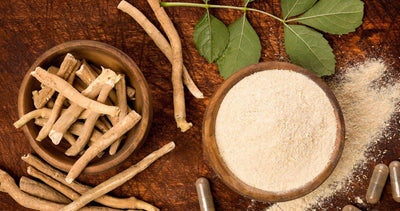
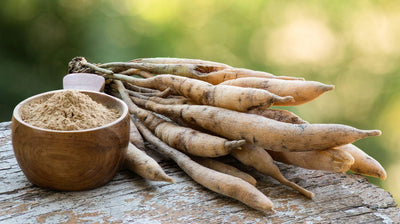

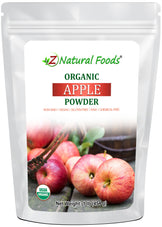
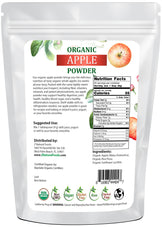

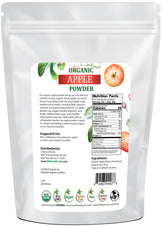

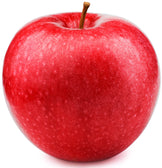
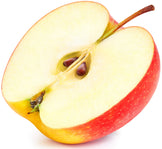
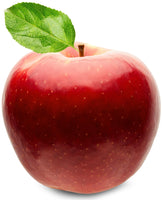
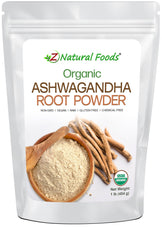
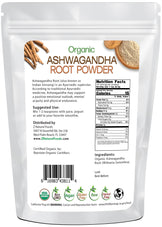
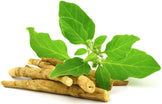
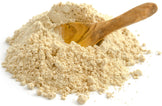
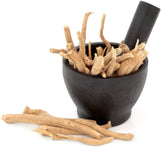

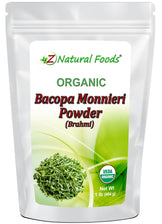
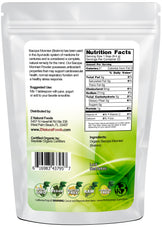
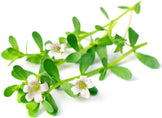
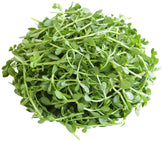
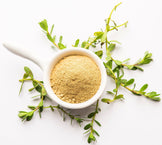
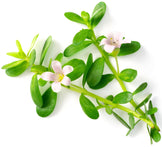
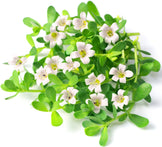
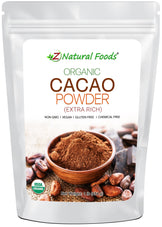
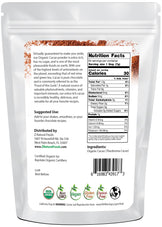
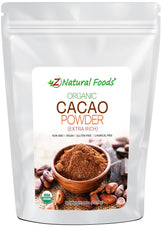
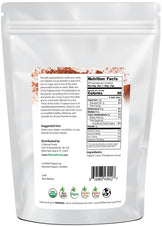
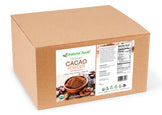
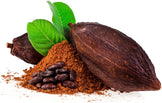




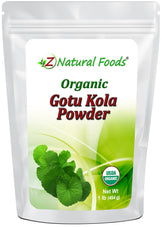
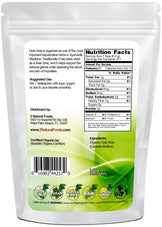

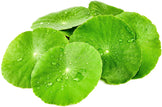
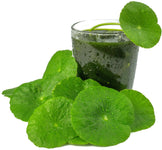
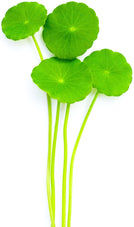










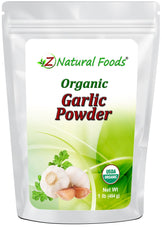
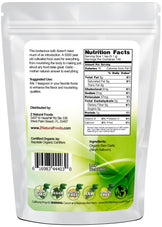

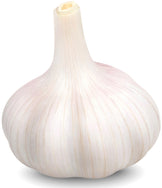
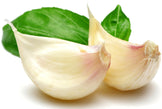

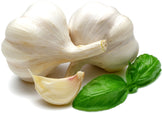
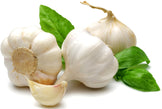
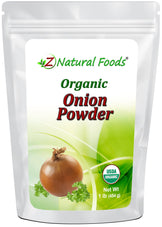
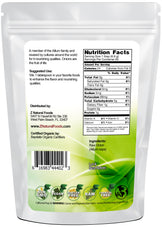
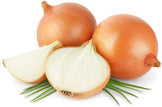
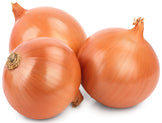


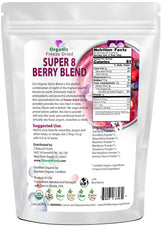








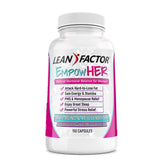

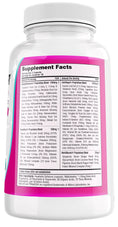
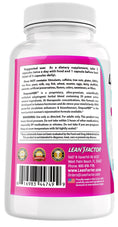
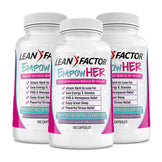
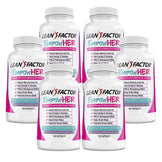
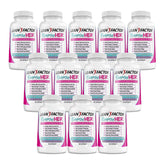

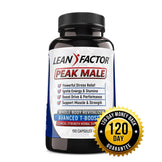
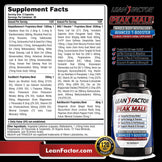
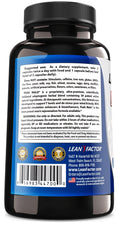
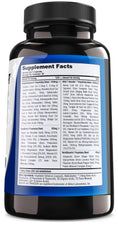



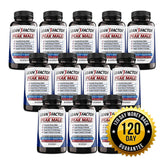

Mike, this is great information. I purchased your Mind and Body Restorative Program and have learned how to simplify my life and control stress. I use herbs and superfoods in combination with cleanses and feel great. Keep it coming!